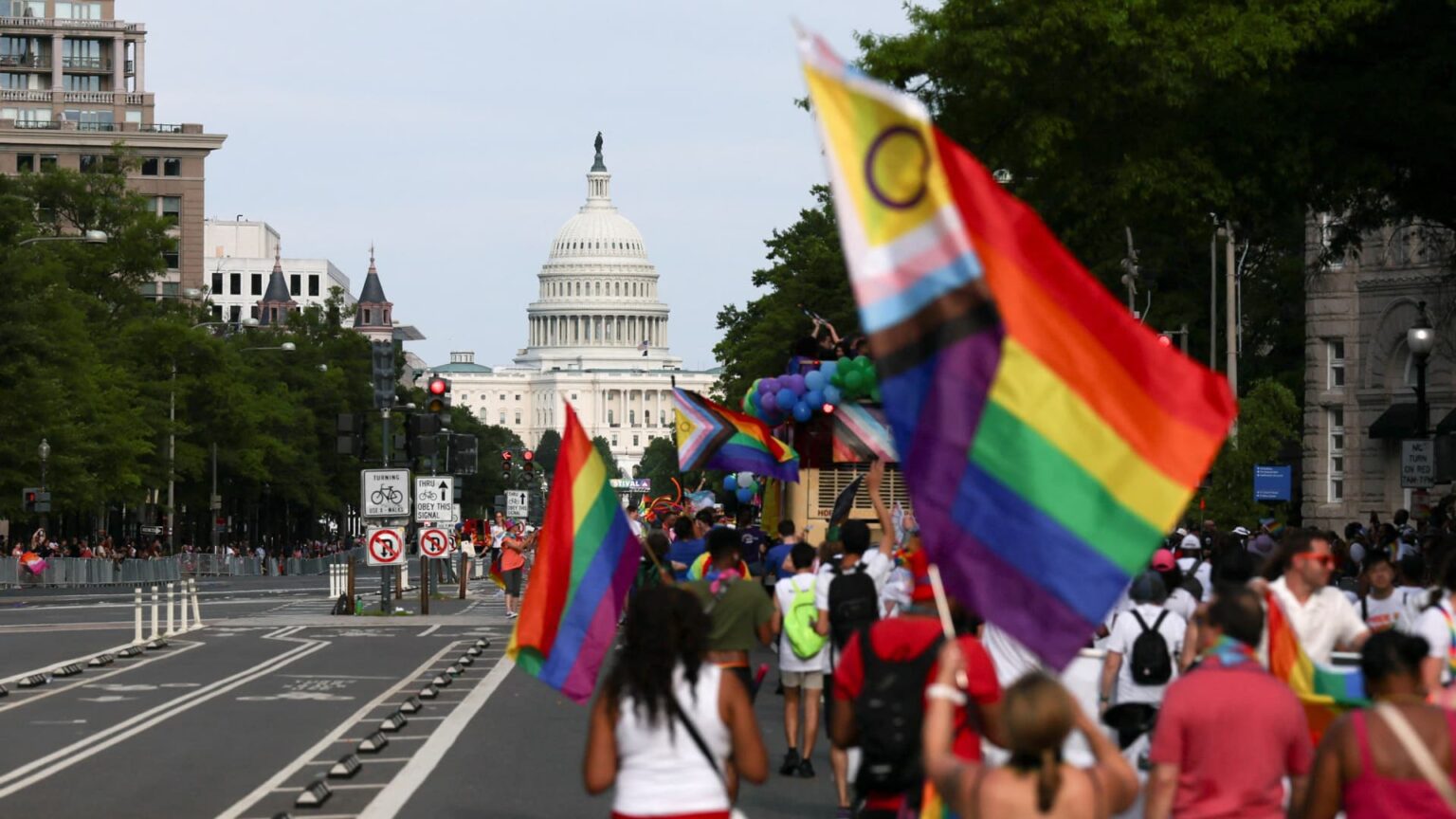Challenges for LGBTQ+ Pride Organizations Amid Sponsorship Declines
As Pride celebrations unfold across the United States, many LGBTQ+ organizations are encountering unprecedented sponsorship hurdles, prompting concerns about the broader implications for these events.
The Changing Landscape of Corporate Support
Once enthusiastic corporate backers of LGBTQ+ Pride events are now repositioning their support, with a significant number withdrawing their sponsorships entirely. This shift is attributed to various factors, including economic apprehensions and a growing backlash against diversity, equity, and inclusion (DEI) initiatives.
According to LGBTQ+ leaders, the current climate poses significant challenges for organizations reliant on corporate funding, as sponsors reassess their commitments. Suzanne Ford, executive director of San Francisco Pride, emphasized, “For this many companies to be dropping off, I think points to that we’re in a different political environment than we have been maybe in a long, long time,” indicating a shifting atmosphere of corporate engagement with the community.
Financial Implications of Sponsorship Losses
Many LGBTQ+ groups traditionally engage with corporate sponsors through annual contracts, often finalized just months before festivals. This tight timeline leaves them vulnerable when sponsors decide to hold back resources. Seattle Pride and New York City Pride report deficits amounting to $350,000, while other organizations like San Francisco Pride face reductions of about $200,000.
Some festivals have publicly acknowledged lost sponsorships, whereas others choose to keep this information confidential to preserve relationships. Sponsors such as Anheuser-Busch, Comcast, Diageo, and Nissan have either reduced support or opted out entirely this year, a trend that has raised alarms among organizers.
Impact of Political Climate and DEI Concerns
Pride organizations are grappling with a climate increasingly hostile to DEI initiatives. Ryan Bos, executive director of Capital Pride Alliance, noted concerns about federal government actions discouraging corporate support—highlighting a recent executive order aimed at scrutinizing companies advocating for DEI principles.
This environment leaves many organizations reconsidering their partnerships based on the evolving values of potential sponsors. Ford remarked, “We’ve all seen the culture wars playing out as far as how corporations respond, and I think this is part and parcel of that movement.” The emergence of this dynamic complicates fundraising efforts and future programming plans.
Reevaluating Corporate Partnerships
Pride organizations are actively reassessing relationships with corporations that have reevaluated their stance on DEI or shown diminished support for the LGBTQ+ community. For example, Seattle Pride decided not to engage with Boeing this year due to perceptions of misalignment with organizational values. Additionally, Cincinnati Pride has turned down sponsorship offers from previous partners based on their policies and community engagement.
Executive director Andi Otto of Twin Cities Pride shared that the organization ceased accepting funds from Target, a longstanding supporter, following a review of the company’s recent DEI policy changes. “It did not feel right for my community to accept that money,” Otto stated.
Innovative Financial Strategies for Sustainability
In light of dwindling corporate sponsorships, LGBTQ+ organizations are diversifying their funding strategies. Many groups have shifted focus to grassroots fundraising. Twin Cities Pride initiated a crowdfunding campaign, successfully raising over $110,000, while other organizations have also reported significant community-driven fundraising efforts.
Furthermore, local governments have stepped in to provide support, aiding organizations struggling with budget deficits. For instance, Stonewall Columbus received increased assistance from Franklin County to complement their financial goals.
Leaders of these organizations emphasize that while corporate support remains vital, the long-term sustainability of Pride events may depend on stronger community engagement and alternative funding sources. “We are the people. This is about people power and being able to use your dollar to advocate,” remarked Byron Green-Calisch of St. Pete Pride.
Conclusion
The shift in corporate sponsorship for LGBTQ+ Pride events highlights a broader societal trend influenced by political and cultural factors. As organizations strive to ensure the viability of their celebrations, strengthening ties within the community and innovating funding strategies will be crucial for navigating these evolving challenges.
